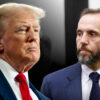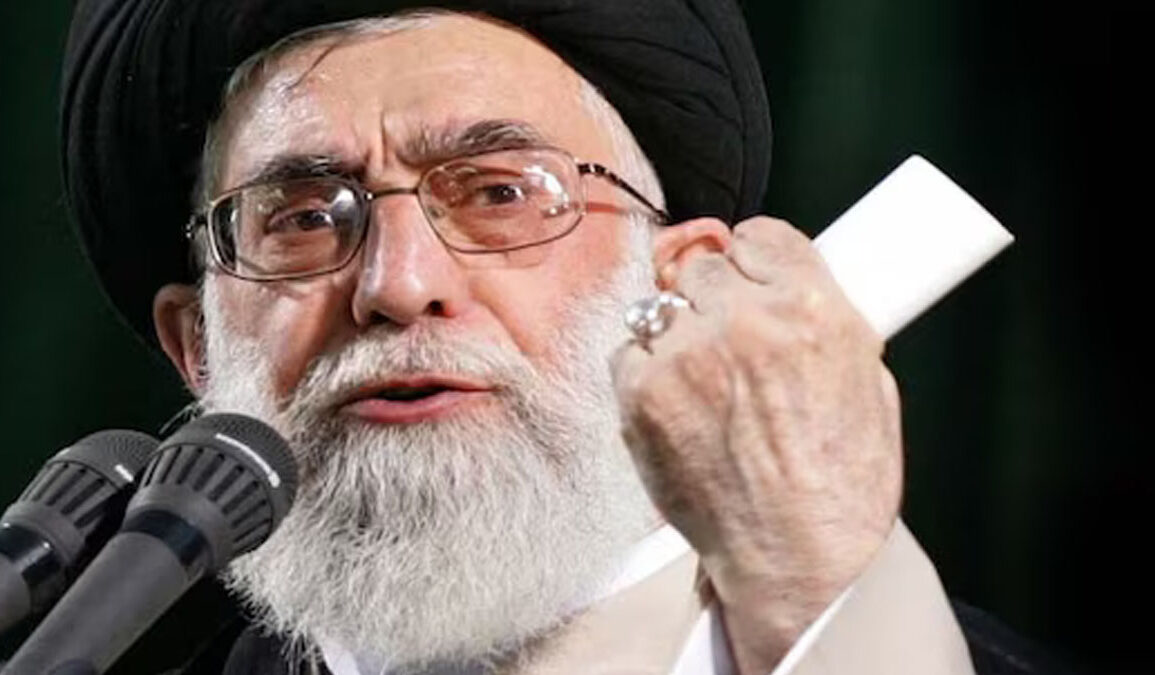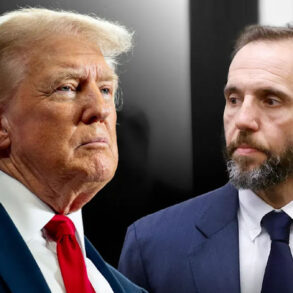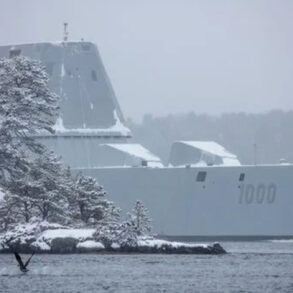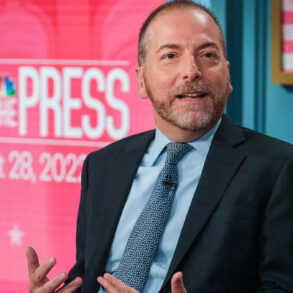Khamenei Lashes Out After Trump’s Middle East Tour
Iran’s Supreme Leader Ayatollah Ali Khamenei went on the offensive Saturday, accusing President Donald Trump of lying about wanting peace in the Middle East. “Trump said he wants to use power for peace. He’s lying,” Khamenei wrote on social media, just hours after Trump left the Gulf region following a whirlwind tour through Saudi Arabia, Qatar, and the United Arab Emirates.
During a televised speech and a string of posts online, Khamenei called Trump’s remarks an “embarrassment to the speaker and the American people.” He accused the U.S. of hypocrisy, claiming it was using power not to bring peace, but to fund Israel’s military operations in Gaza. “They used power to provide the Zionist regime with ten-ton bombs to be dropped on Gaza’s children, hospitals, and people’s homes,” he said.
His most inflammatory remarks came when he described Israel as “a dangerous, deadly, cancerous tumor” that “must and will be eliminated.” These statements echoed his previous threats against both Israel and the United States. Khamenei’s speech was followed by chants of “Death to America” from the audience.
Trump Responds: Iran Funds Terror, Not Peace
President Trump, for his part, did not remain silent. Speaking to reporters aboard Air Force One, he made it clear that the U.S. would not back down. “Iran’s leaders have focused on stealing their people’s wealth to fund terror and bloodshed abroad,” Trump said. He warned that if Iran does not “move quickly” to accept the latest U.S. proposal on its nuclear program, “something bad’s gonna happen.”
Trump also addressed Iran’s behavior in the broader region. “They’ve caused unthinkable suffering in Syria, Lebanon, Gaza, Iraq, Yemen and beyond,” he said. Speaking in Riyadh, he called Iran “the biggest and most destructive force in the region.”
Ongoing Nuclear Negotiations
Despite the war of words, Iranian President Masoud Pezeshkian offered a more tempered message. “We are negotiating, and we will negotiate. We are not after war, but we do not fear any threat,” he said. He stressed that Iran would not give up its “definite rights” to continue scientific and nuclear progress, stating that “we will not withdraw.”
Iran’s Foreign Minister Abbas Araqchi doubled down on this message. “There is no scenario in which Iran abandons its hard-earned right to uranium enrichment,” he said in a post on X. He claimed Iran had not received a formal U.S. proposal and accused Washington of “changing the framework” every time the talks progressed.
The Core of the Conflict: Uranium Enrichment
At the heart of the deadlock is Iran’s nuclear enrichment program. Trump’s administration insists Iran must completely halt enrichment. Iran argues it has the legal right to enrich uranium under the Nuclear Non-Proliferation Treaty, provided it remains for peaceful purposes.
Steve Witkoff, Trump’s special envoy to the Middle East, was blunt: “We cannot allow even one percent of an enrichment capability. Everything begins with a deal that does not include enrichment.” He said this was clearly conveyed to Iran through diplomatic channels.
However, Iran’s top nuclear official, Mohammad Eslami, said Iran is already under strict international monitoring. “No country is inspected like we are,” he said, noting that the U.N. nuclear watchdog conducted over 450 inspections in 2024 alone.
Trump: Trying to Keep the Peace, or Just Being Tough?
While critics paint Trump as aggressive, his defenders argue that he is trying to prevent war by projecting strength. His tough talk, they say, is a strategic move to pressure Iran into accepting a peaceful solution. As one U.S. official put it, “Peace through strength is not just a slogan—it’s the only thing this regime understands.”
Trump’s supporters see Khamenei’s statements not as real policy but as propaganda aimed at rallying radicals within Iran. Alireza Nader, a D.C.-based expert on Iran, said, “Khamenei is trying to look tough after setbacks in Gaza and at home. Trump has the upper hand.”
As negotiations continue behind closed doors, both sides appear dug in. Trump is demanding full denuclearization, while Iran refuses to give up what it calls a “peaceful right.” Talks in Oman recently ended with no deal, and no date has been set for the next round.
Still, some diplomats are hopeful. “Both sides are talking. That’s better than silence,” one European official said. But with threats flying and no trust between the two governments, any deal – if it comes – will be a hard-won battle.
NP Editor: Trump will not back down, but he will be tolerant with rhetoric in the negotiation stages. The key is in the ability to verify, and we are doubting that Iran will ever truly back down until a more moderate leadership takes over. Where is the Shah when you need him?

